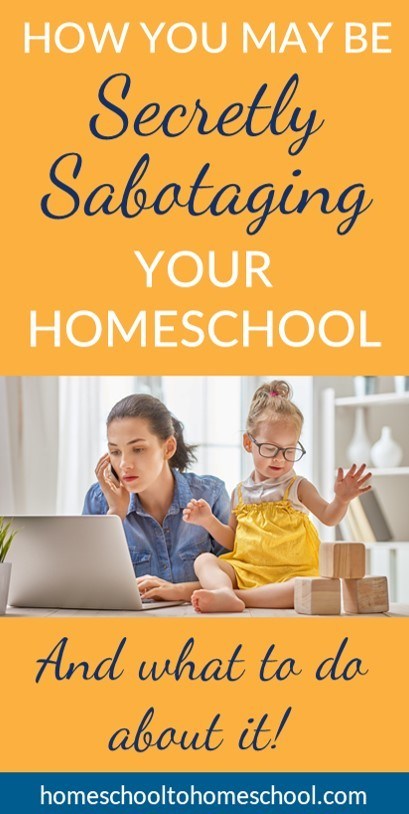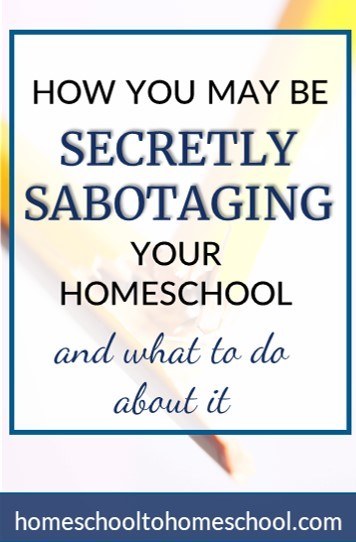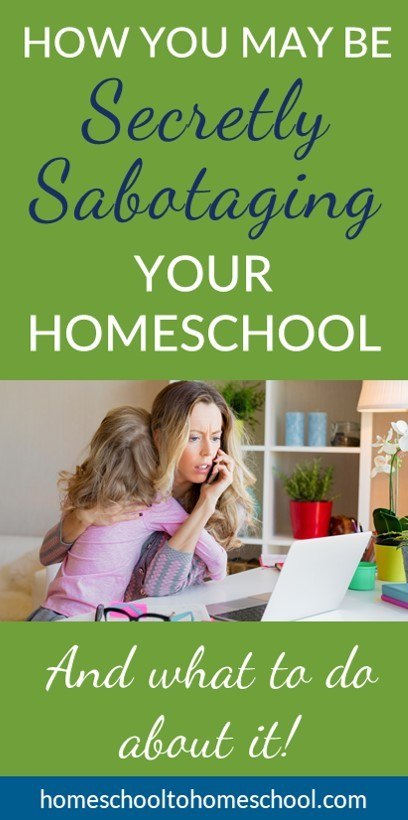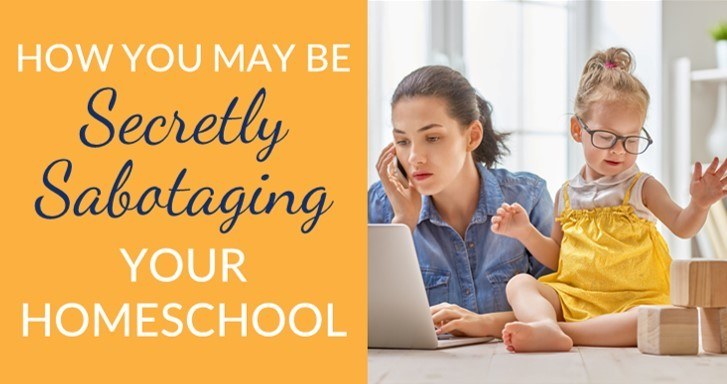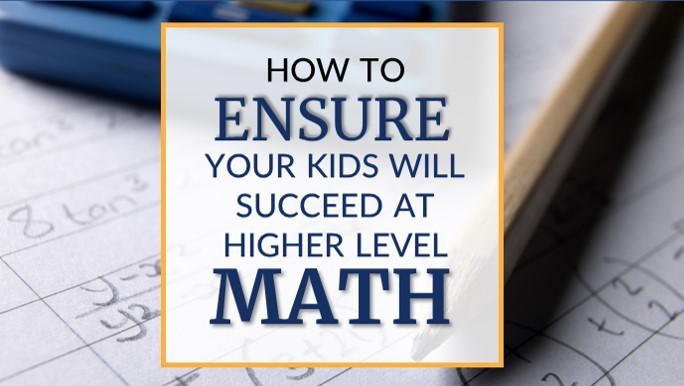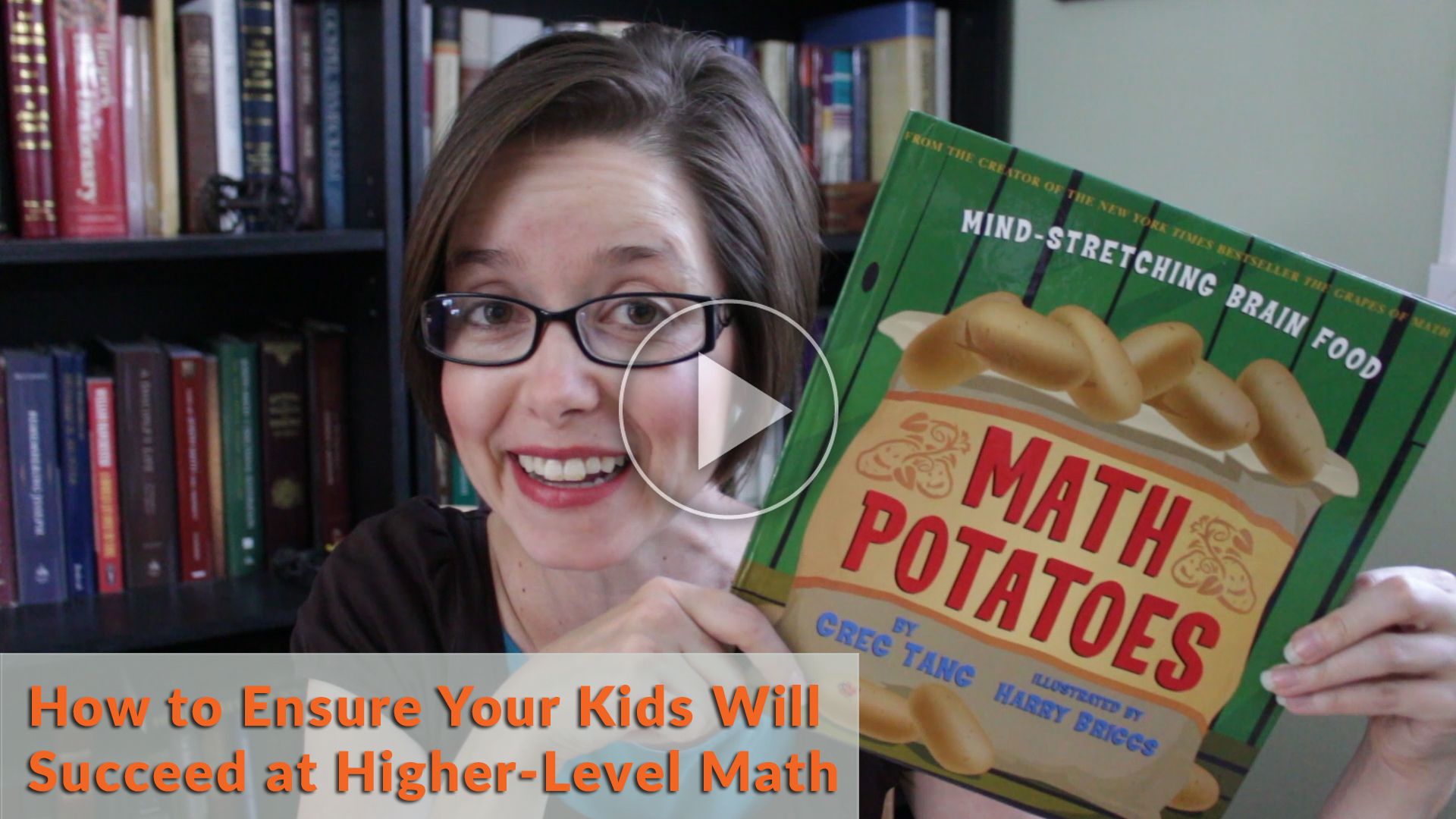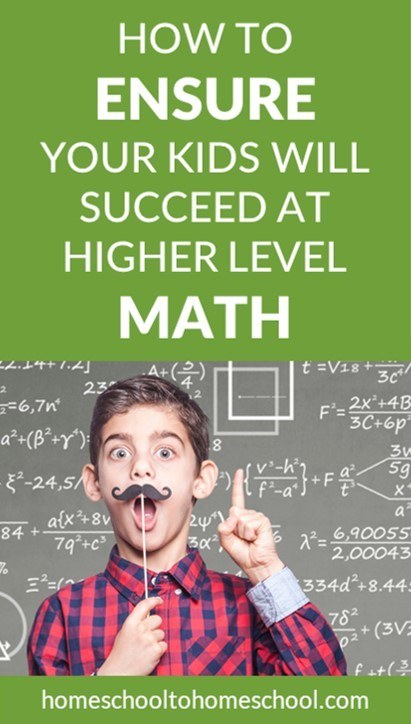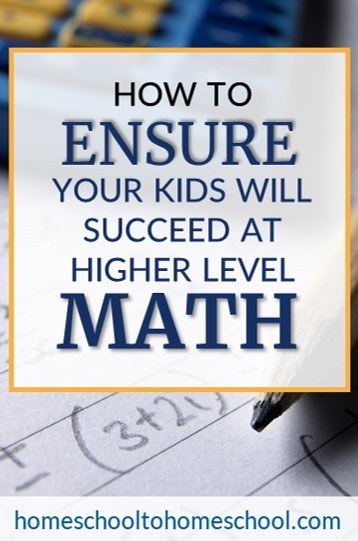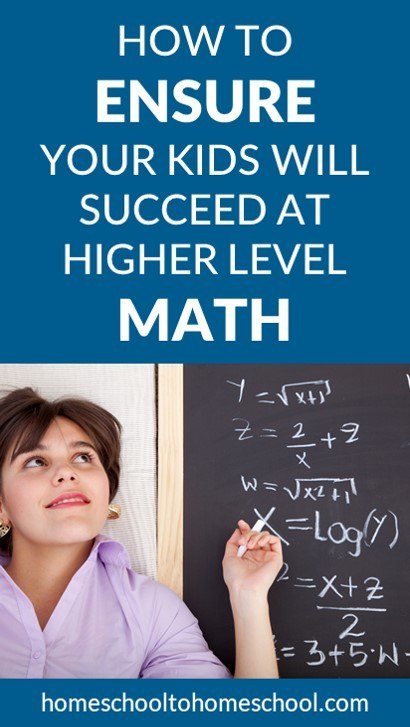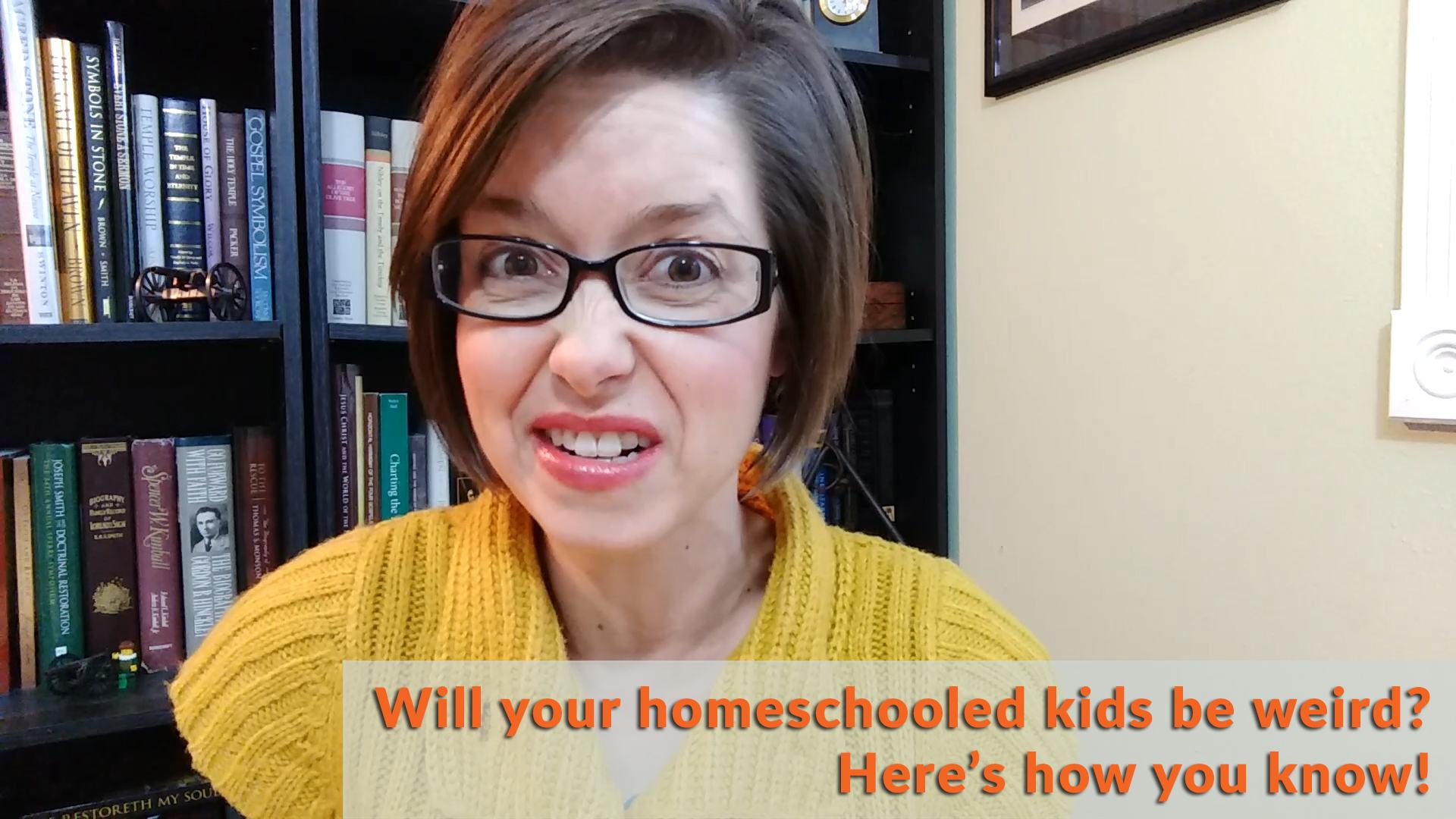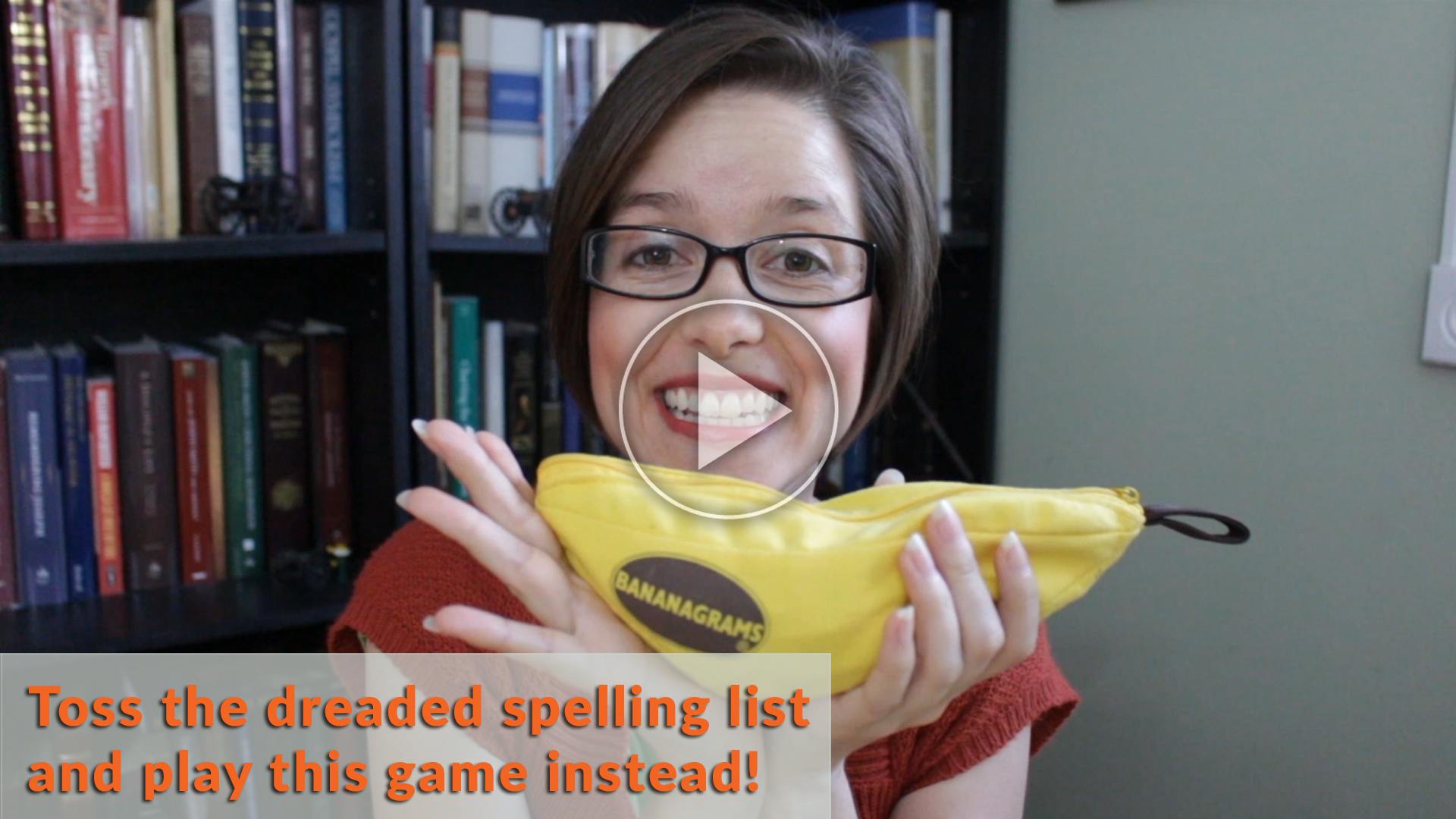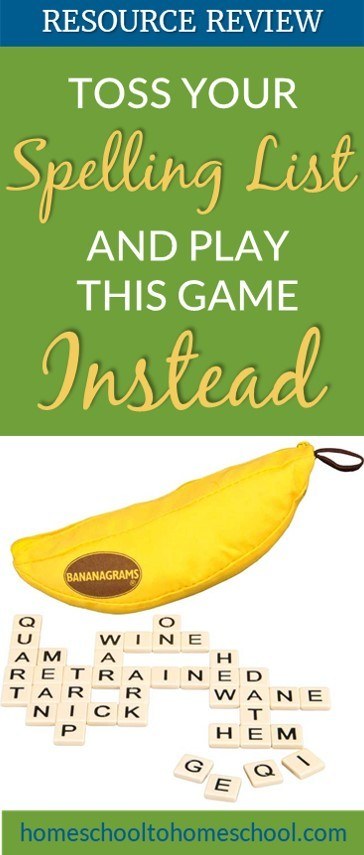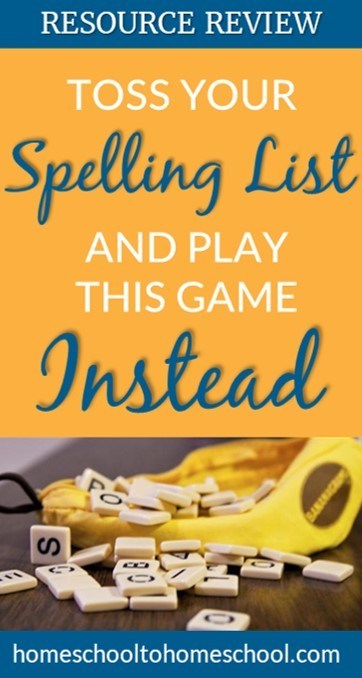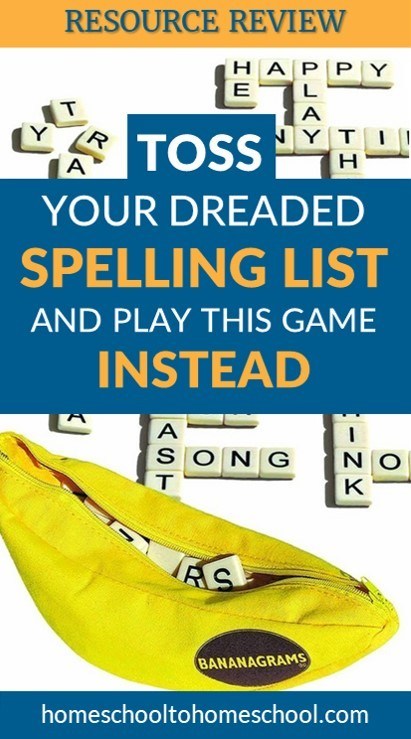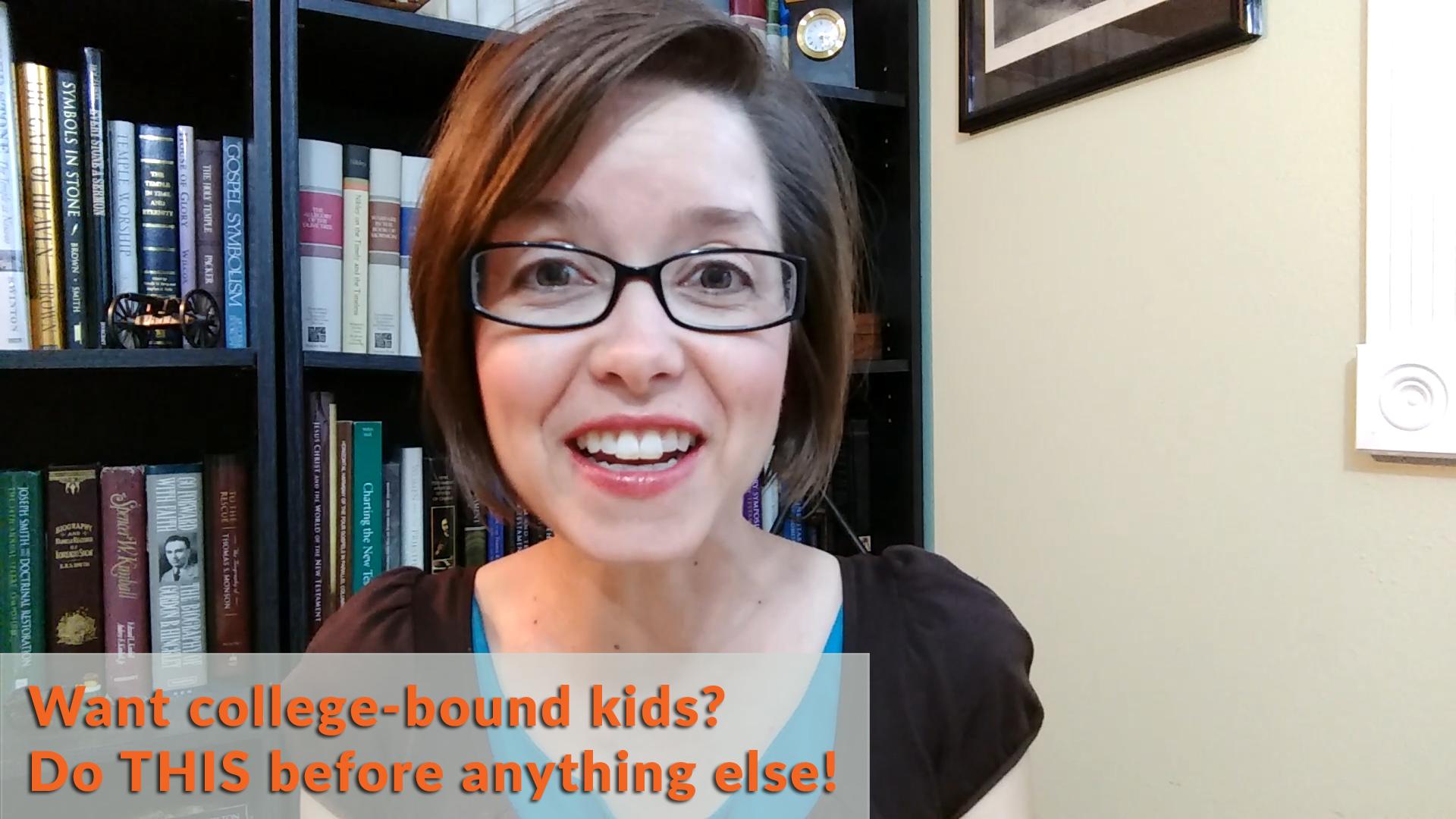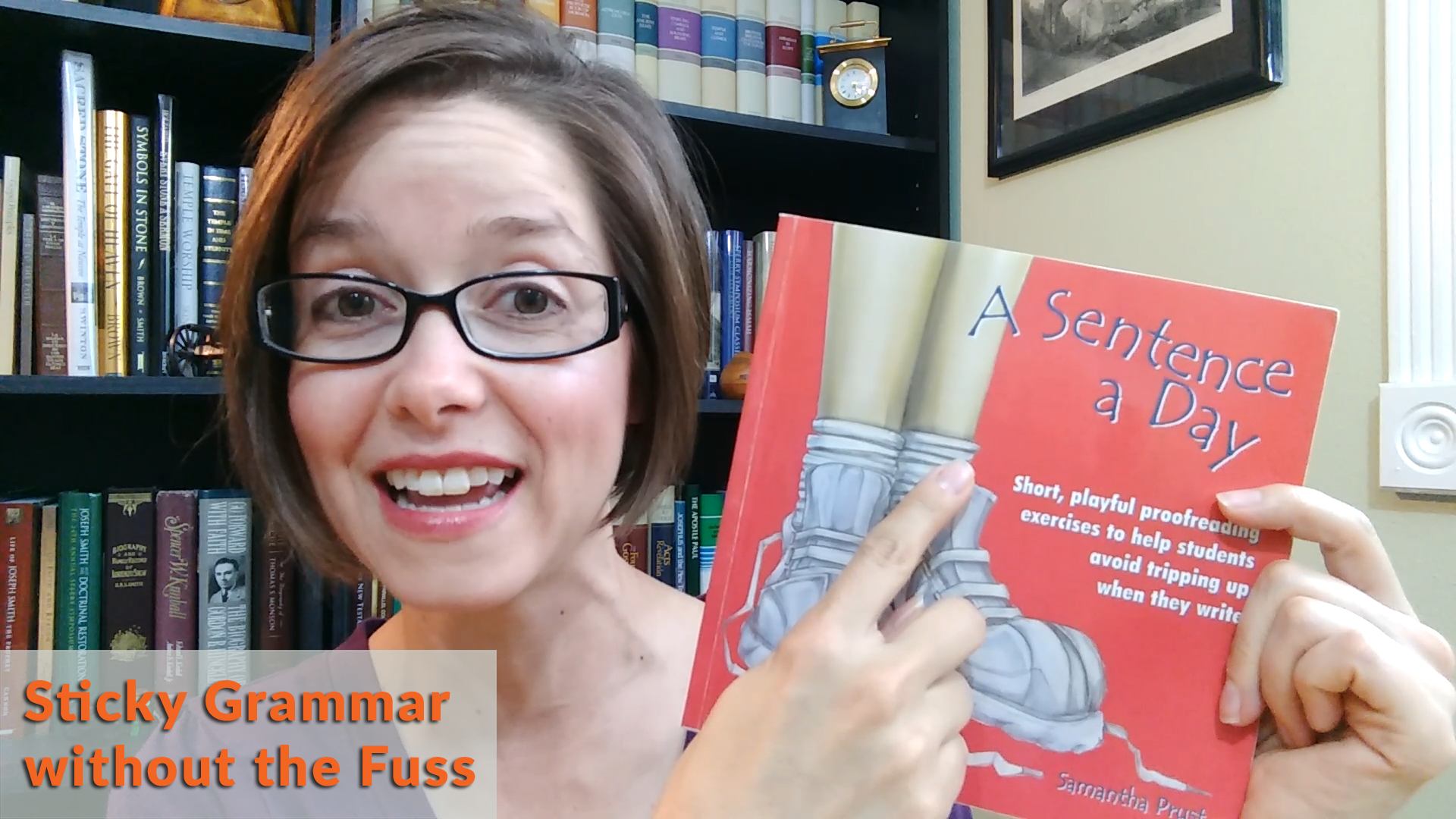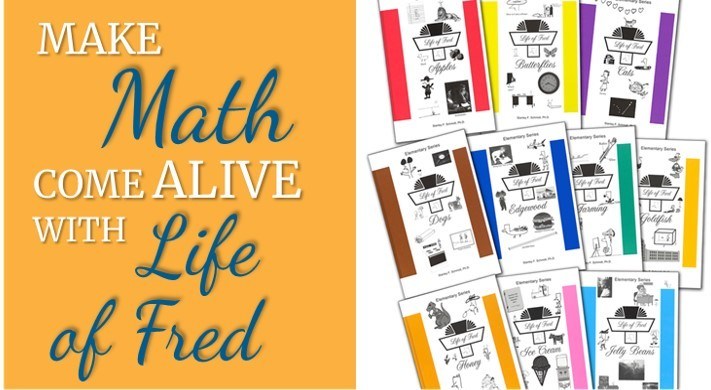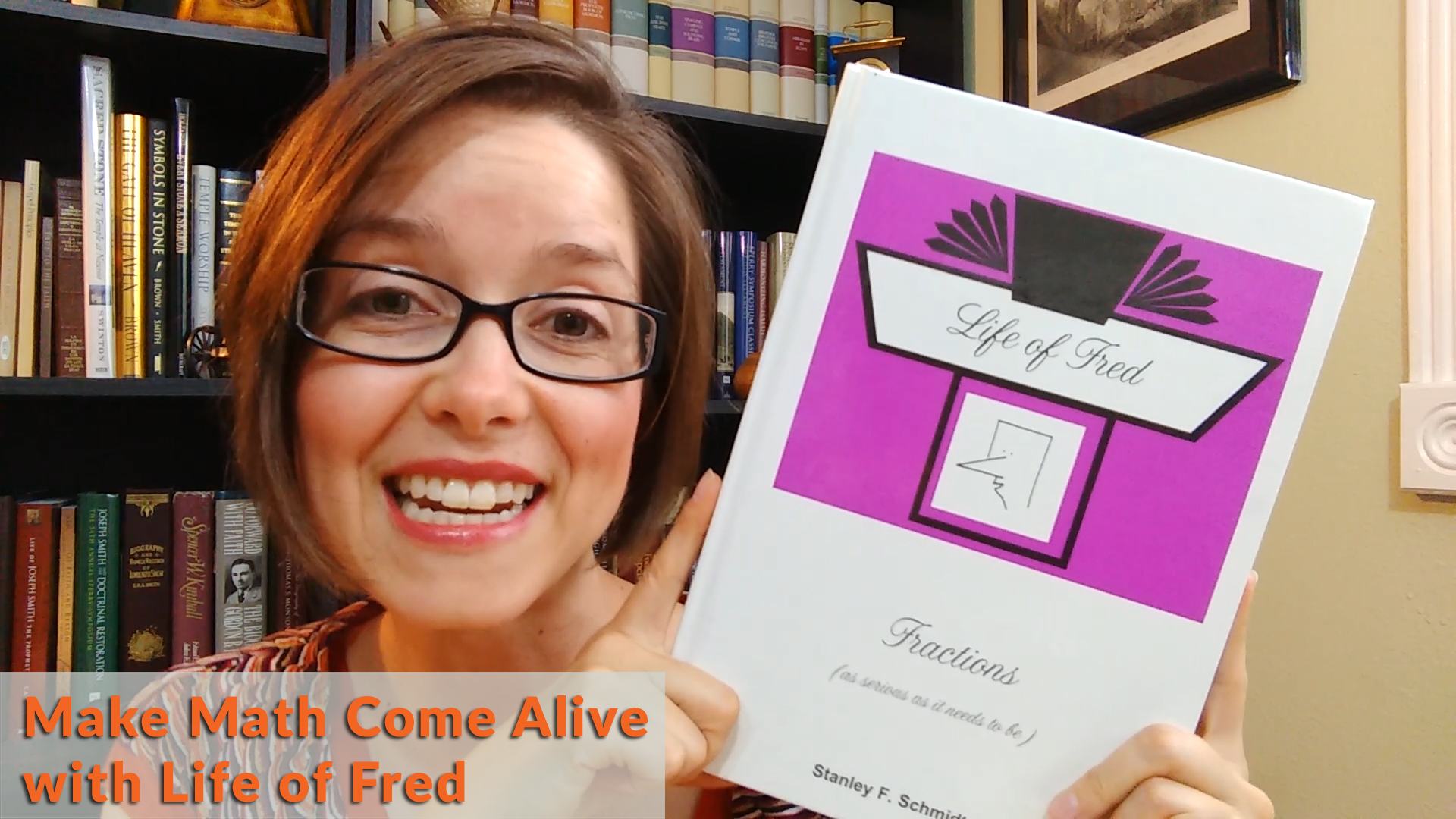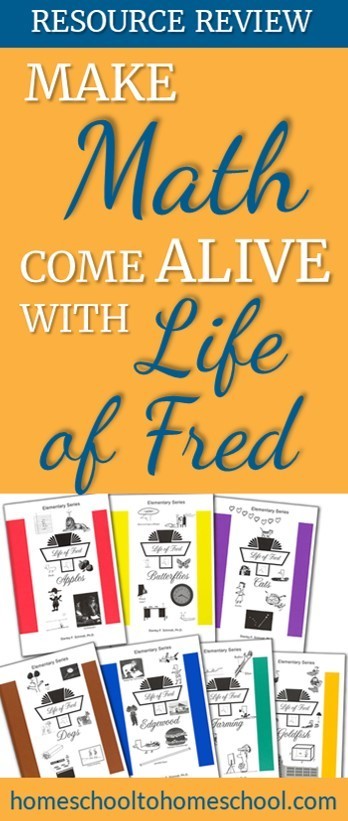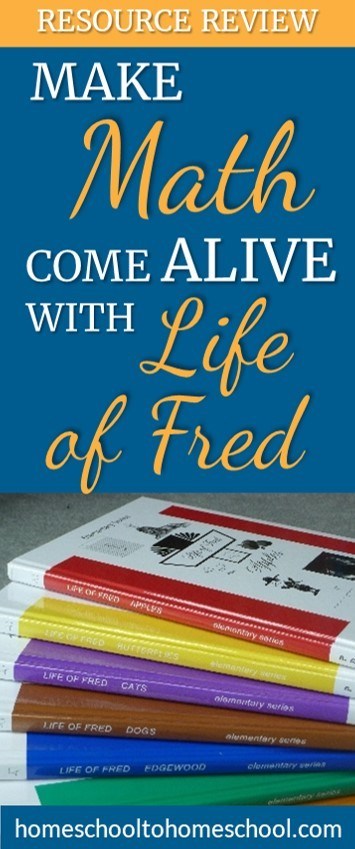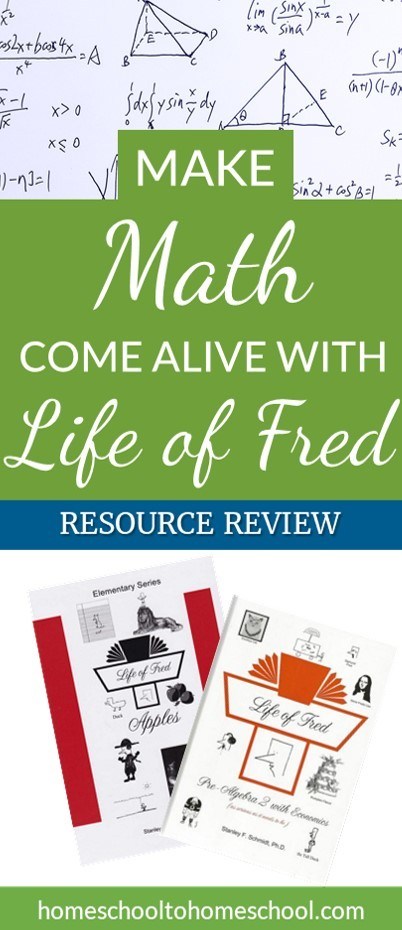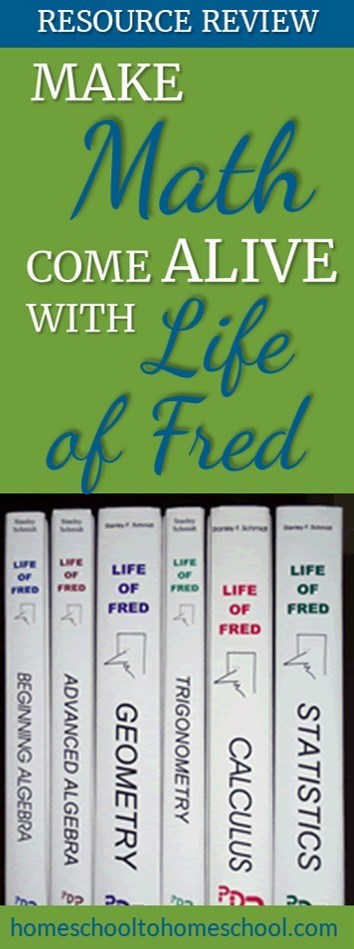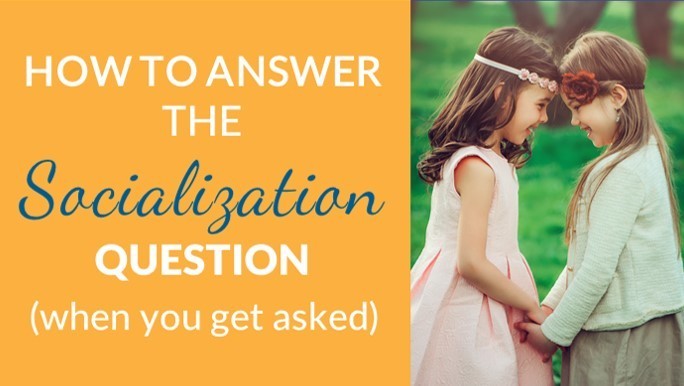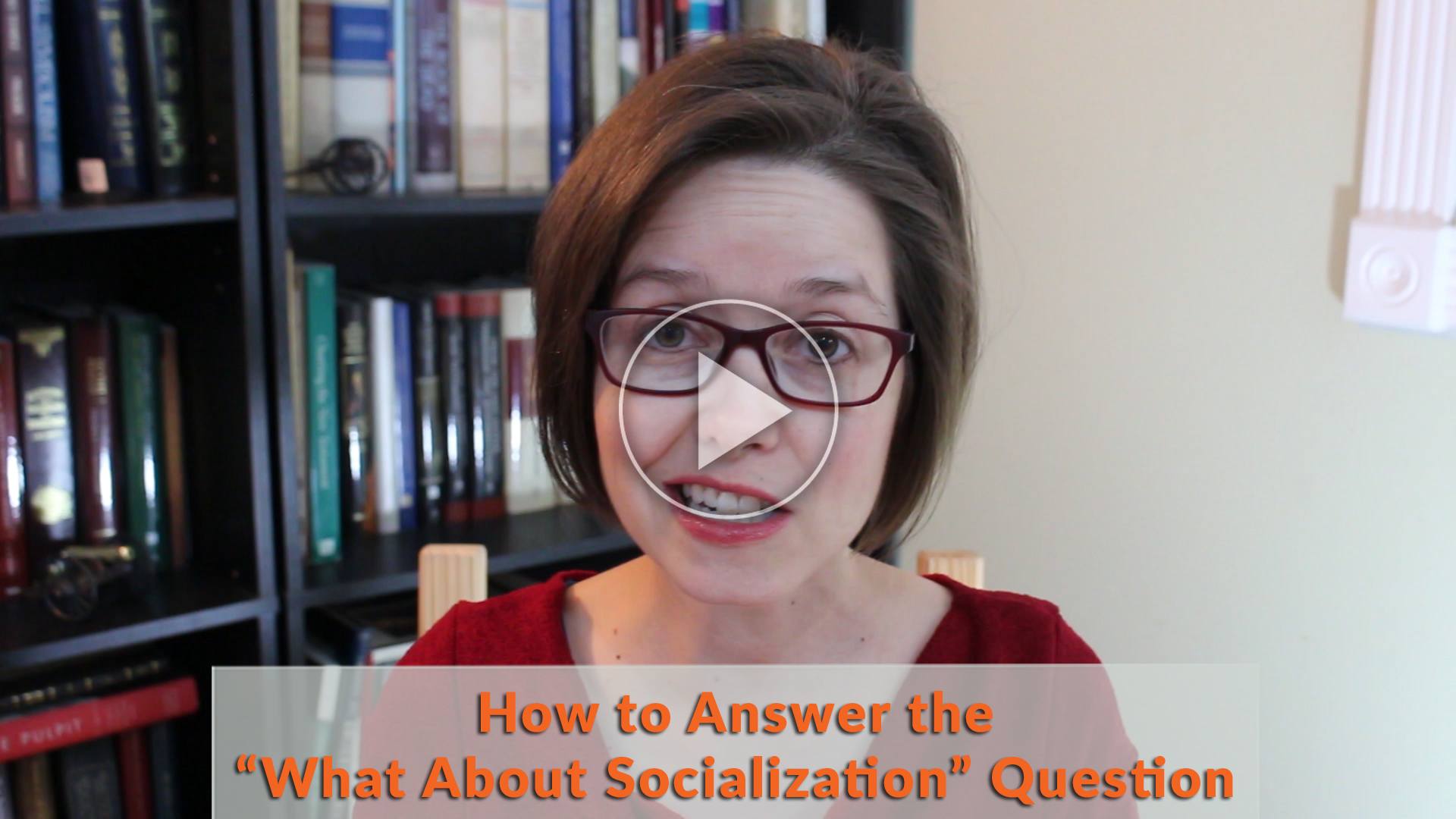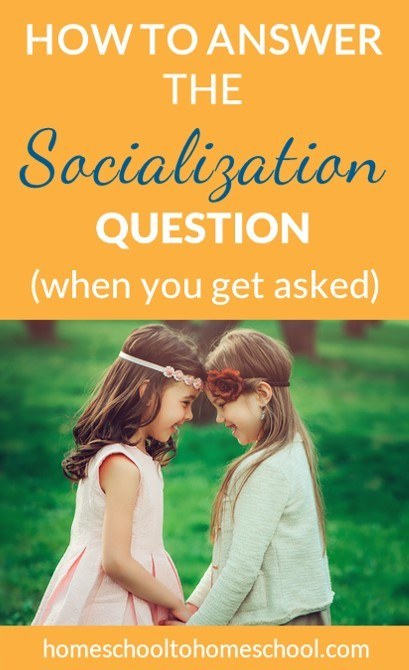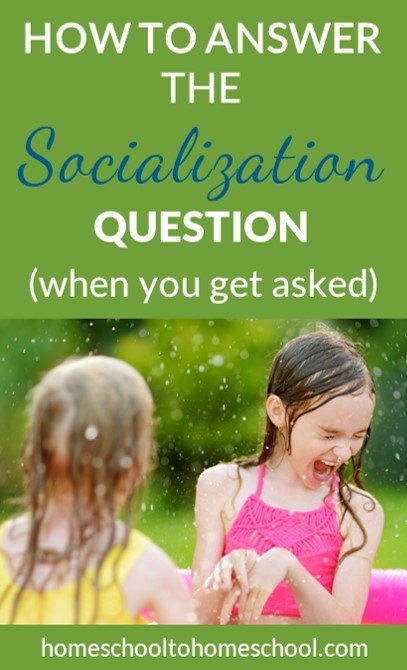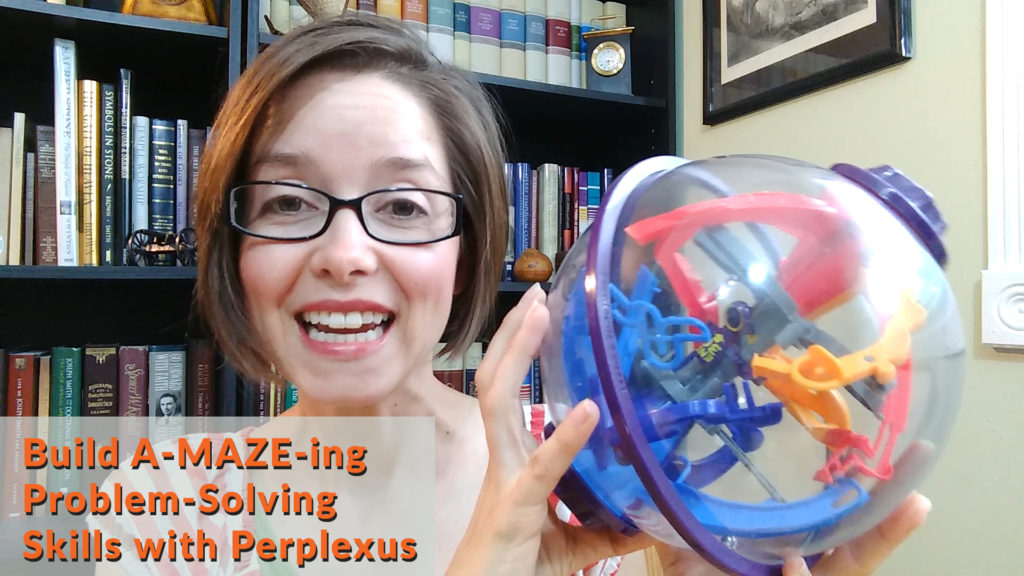The other day I was scrolling through my feed on Facebook, and it happened … the dreaded yucky feelings …
Someone had posted some cool thing their kid was doing, and I found myself starting to think “Aaaaaahhhhh … I’m failing!”
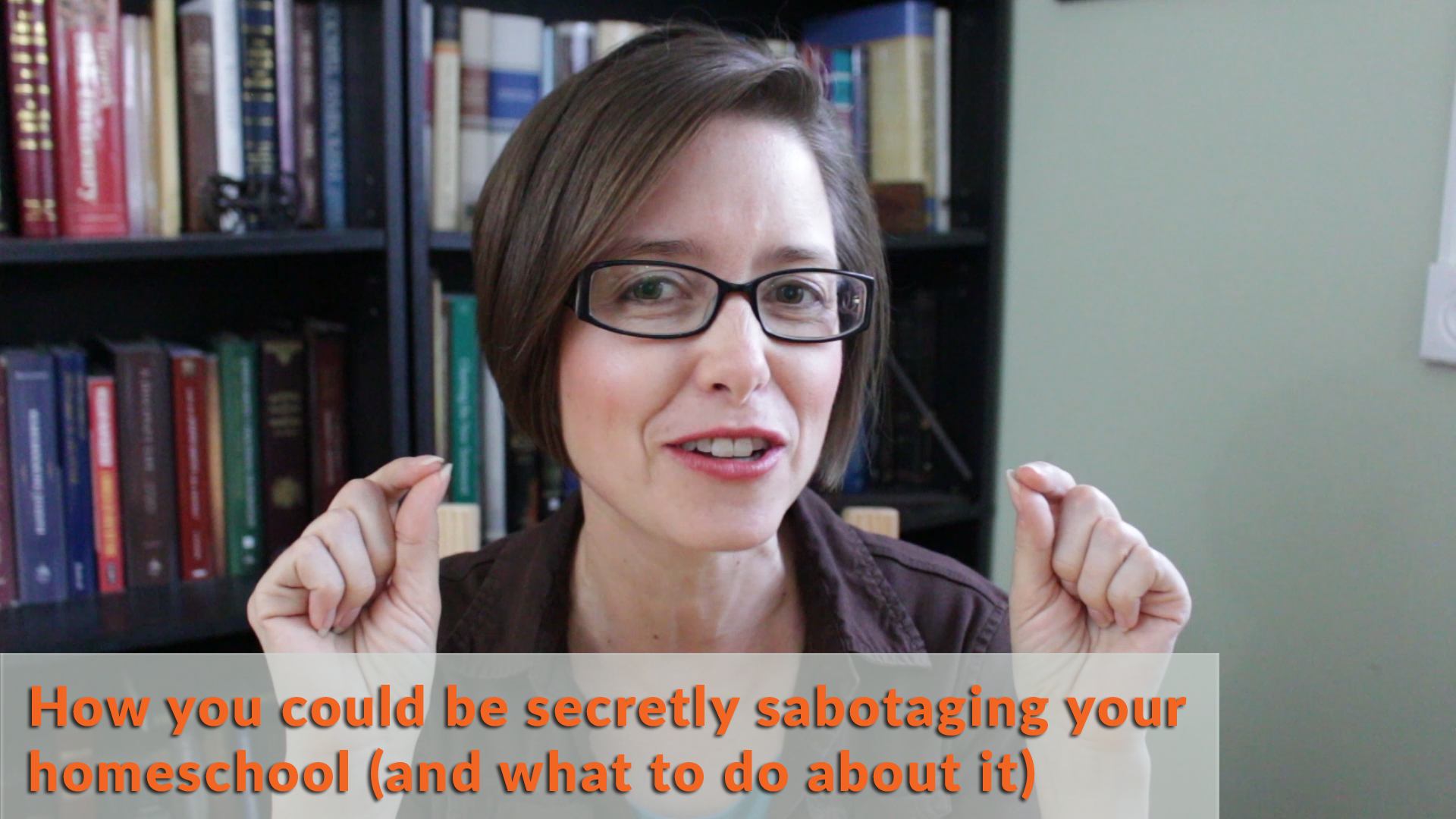
SCROLL TO WATCH
But then I caught myself.
And I instantly knew how to turn myself around before I spiraled into the abyss of despair.
And that’s what I want to teach you in my video today.
Ready to feel Confident and Successful as you homeschool?
Register below to watch my FREE CLASS
Confident Homeschool Secrets
7 Ways to Create a Homeschool That Works (and you LOVE!)
Transcript
Hello, my name's ToriAnn Perkey, and from my homeschool to your homeschool -- Are you secretly sabotaging your homeschool? I know, I know, you're doing your best. You're trying your hardest -- feels like you are doing everything you can. And yet it doesn't seem like everything's going like you wanted to.
You look around, and you think, “This is a train wreck.” Well, let me tell you, there might be something you're doing that is secretly sabotaging your desire to have a successful homeschool, and you don't even realize it.
So, let me ask you a question. Do you ever get on social media -- Pinterest, Facebook, Instagram -- and scrolling through your feed, you find yourself thinking, “Oh, I'm failing?” Or, “Oh, I could never do a homeschool activity like that.” Or, “Why do her kids want to read and mine just want to play with their Pokémon cards or their Barbies?”
Do you ever find yourself comparing ... comparing that these homeschool moms look amazing? That everything's happy. That everything's going well, and you aren't? Do you ever watch my videos and think, “Oh my gosh, she totally has it all together? What's wrong with me?”
Newsflash! I do not have it all together. I promise, I promise, I promise no homeschool mom does! But we all fall into this trap of comparing. Now, I want to ask ... is there ever a time where you're also scrolling through your feed, and you see something and you're like, “Ah, that's a great idea, I want to try that?” Or, “Oh my goodness, I'm so glad that her 10 year old just started reading. I feel like we're going to make it.” Or, “Oh my goodness, they are traveling, and their kids are with them, and they're doing all these cool exciting things. We could do that too!”
Why is it that sometimes we look at Facebook and social media across the board, and we get jealous, and other times, we get inspired? Well, I want to tell you what the distinction is because understanding this will help you stop sabotaging your homeschool by comparing yourself with all of the other things going on around you.
The distinction is this -- It's all going on inside your head. You're looking at the same feed. You're looking at the same stories as everybody else, and there's not a whole lot of difference in the stories or the person who's sharing it. It's how you interpret the stories.
If you look at a story or a picture or you hear someone talking in the park or at a co-op or anything like, and they start telling you something or you see something and you think, “Oh, I could never do that,” then you start to get jealous. Jealousy comes from when you think it's impossible for you to reach that thing that you're seeing.
But if you see something and you are inspired, it's because inside your head you think, “I could totally do that. I could do that if we did this and this or if I learned how to do this.” Or, “Oh, we're already so close to that. I just have to tweak this.”
That's why some people can look at a really cool craft for a homeschooler and be jealous because they're like, “Oh, I could never do crafts or my kids will never do crafts.” And other moms can look at the exact same craft and go, “Ah, that's so cute. We should totally do that tomorrow.”
It has to do with whether or not the mom feels like it's hopeless or something totally doable. That's the difference. And you're sabotaging your homeschool if you are looking at things in a mindset of “That's impossible. It would never work for me” because it turns all your insides into this yucky, negative place where you feel bad about yourself because you're not doing certain things.
And I'm here to tell you nobody does everything on the internet in their homeschool. I don't do 99 percent of the things that you see on the internet in my homeschool, and I have a successful homeschool.
Successful homeschools do not come from the kinds of activities that you do -- whether it's a specific curriculum or a specific book or a specific philosophy. That's not what makes a confident, successful homeschool. What makes you have a successful homeschool is when you feel good about what you're doing, when you feel confident.
And if there's something that isn't working, you go solve it. When you're inspired to move forward. When you see ideas and they inspire you to come up with your own ideas. That's the difference. That's the difference between a sabotaged homeschool and a successful homeschool … it’s how you're thinking about it in your mind, not what you're actually doing.
So, if you catch yourself feeling jealous, stop and think, “Do I want to do that? Do I really want that?” Because if you don't want that, then stop being jealous because you don't want to do it in the first place. If you do want to do it, then shift into, “Well, how could I make that happen? How?”
The minute we open the door that it's possible is the minute that our life can start to change, and we can start to move into a learning, growing, changing place. And that is the essence of being confident -- is knowing that you can figure things out.
So, I want to encourage you. Encourage you to be paying attention when you're flipping through your feed or you're listening at the park -- how you're interpreting the things around you.
Are you jealous and maybe sabotaging and don't even know it, or are you inspired? And the really cool thing is the next time this happens, you can decide whether you're going to be jealous or be inspired. It's really that easy.
I'm ToriAnn Perkey, and from my homeschool to your homeschool, I bring you these videos every week to help you be a successful, confident homeschool mom.
Save for later by pinning to your favorite Pinterest board!
